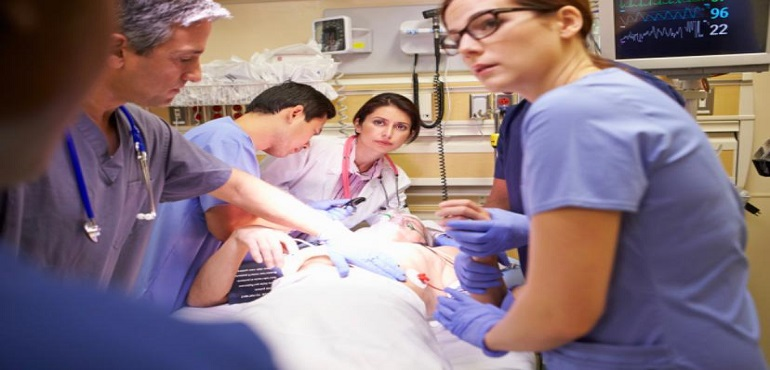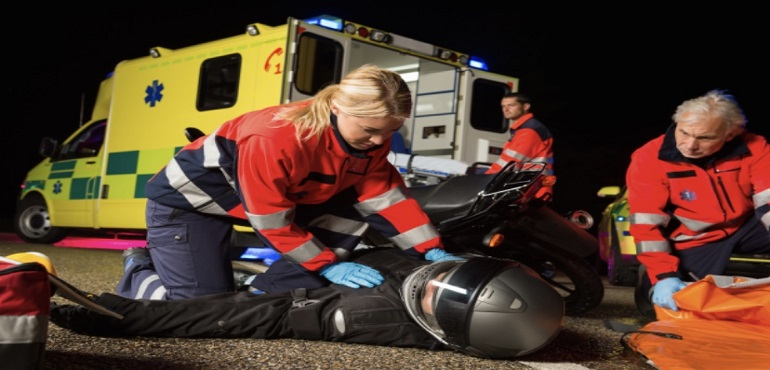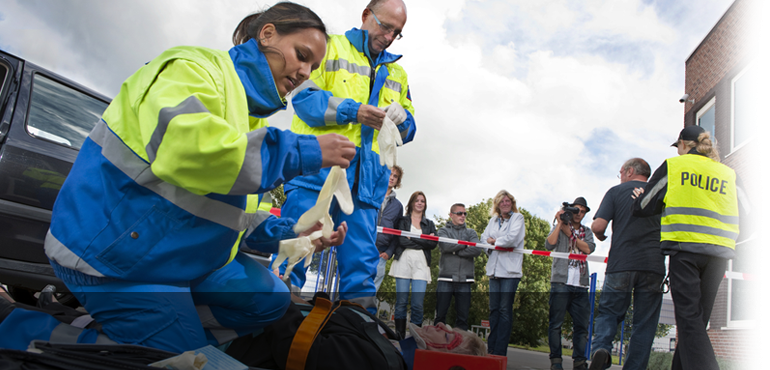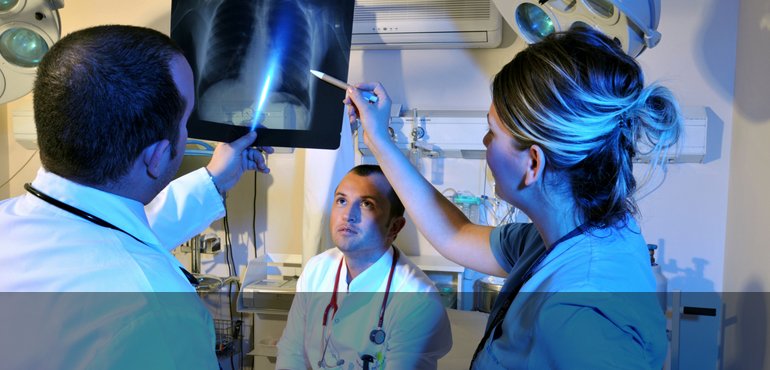| Toll Free : 1844 495 7333(injury hotline- new cases only) | |
| Text a Personal Injury Lawyer 24/7 and get instant help.TM (416 931 5015) | |
| Head Office : 905 495 7333 |
Implications of the Fatal US Tesla Crash: Bolton Personal Injury Lawyers Understand the Significance for Ontario Drivers
October 24, 2017As the Ontario government moves towards testing driverless cars on its highways, there are several issues that need to be addressed regarding the use of such vehicles.
The collision that occurred in Florida in May 2016 resulted in the death of the driver of the Tesla Model S. The accident happened when the driver, Joshua Brown’s autonomous vehicle which was traveling well above the mandated speed limit, collided with a tractor-trailer.
The US National Transportation Safety Board is yet to provide its final report, but certain details have been shared with the public. The initial investigations reveal that the vehicle’s Traffic Aware Cruise Control and Autoseeker Lane Keeping systems were functional and activated but the vehicle’s Autopilot system failed to notice the truck crossing the highway in front of it. The light reflecting off the trailer’s side may also have confused the system.
Other sources report that Brown may have been watching a movie playing in the car. The truck driver reports that he heard a Harry Potter movie playing in the wreckage, but this has not been confirmed by investigators.
Another incident, this time non-fatal is being investigated in Pennsylvania. This accident occurred when the autonomous SUV rolled over at the Pennsylvania Turnpike after it hit road barriers.
What Are The Implications for Ontario Drivers?
An Ontario Ministry of Transportation spokesperson opined that his ministry takes the safety of all road users very seriously and will closely follow the results of the US National Highway Traffic Safety Administration’s investigations and the role that automated technology may have played in the crash.
Experts who have been involved in testing automated vehicular technologies in Canada have revealed that the crash exposes some very clear gaps in vehicle regulation as vehicles evolve from semi to fully autonomous systems.
Auto manufacturers should also provide supplemental training for new gadgets and technologies used in their vehicles so that drivers get familiar with them before hitting the roads. Instead, many auto companies make exaggerated claims about their vehicles’ capabilities, giving drivers a false sense of what to expect from hi-tech vehicles.
A legal case for the family of the deceased Florida driver is being contemplated, as legal experts feel that the driver may have been led to believe that the system was more capable than it actually was. Whether the driver was sufficiently aware of the defects in the autopilot system is a moot point. Experienced Bolton personal injury lawyers who handle motor-vehicle accident claims would find these cases of special interest.
The Issue Of Accountability
Autonomous vehicles immediately bring into focus the issue of accountability. Section 1 (2) of the Ontario Regulations 306/15 (2) came into force in January 2016 and it provides clear definitions of different levels of automation, ranging from no automation to driver assisted, partial, conditional, high and full automation.
There are several challenges to proving liability in the case of autonomous vehicles as there are questions about whether the driver can be held negligent in the use or operation of a vehicle that is fully automated. Hence, the alternative is to hold the manufacturer liable, at present. However, this area of the law is constantly evolving and Bolton personal injury lawyers ensure that they keep abreast with all the latest developments in the best interests of their clients.
Implications of the Fatal US Tesla Crash: Bolton Personal Injury Lawyers Understand the Significance for Ontario Drivers
October 24, 2017As the Ontario government moves towards testing driverless cars on its highways, there are several issues that need to be addressed regarding the use of such vehicles.
The collision that occurred in Florida in May 2016 resulted in the death of the driver of the Tesla Model S. The accident happened when the driver, Joshua Brown’s autonomous vehicle which was traveling well above the mandated speed limit, collided with a tractor-trailer.
The US National Transportation Safety Board is yet to provide its final report, but certain details have been shared with the public. The initial investigations reveal that the vehicle’s Traffic Aware Cruise Control and Autoseeker Lane Keeping systems were functional and activated but the vehicle’s Autopilot system failed to notice the truck crossing the highway in front of it. The light reflecting off the trailer’s side may also have confused the system.
Other sources report that Brown may have been watching a movie playing in the car. The truck driver reports that he heard a Harry Potter movie playing in the wreckage, but this has not been confirmed by investigators.
Another incident, this time non-fatal is being investigated in Pennsylvania. This accident occurred when the autonomous SUV rolled over at the Pennsylvania Turnpike after it hit road barriers.
What Are The Implications for Ontario Drivers?
An Ontario Ministry of Transportation spokesperson opined that his ministry takes the safety of all road users very seriously and will closely follow the results of the US National Highway Traffic Safety Administration’s investigations and the role that automated technology may have played in the crash.
Experts who have been involved in testing automated vehicular technologies in Canada have revealed that the crash exposes some very clear gaps in vehicle regulation as vehicles evolve from semi to fully autonomous systems.
Auto manufacturers should also provide supplemental training for new gadgets and technologies used in their vehicles so that drivers get familiar with them before hitting the roads. Instead, many auto companies make exaggerated claims about their vehicles’ capabilities, giving drivers a false sense of what to expect from hi-tech vehicles.
A legal case for the family of the deceased Florida driver is being contemplated, as legal experts feel that the driver may have been led to believe that the system was more capable than it actually was. Whether the driver was sufficiently aware of the defects in the autopilot system is a moot point. Experienced Bolton personal injury lawyers who handle motor-vehicle accident claims would find these cases of special interest.
The Issue Of Accountability
Autonomous vehicles immediately bring into focus the issue of accountability. Section 1 (2) of the Ontario Regulations 306/15 (2) came into force in January 2016 and it provides clear definitions of different levels of automation, ranging from no automation to driver assisted, partial, conditional, high and full automation.
There are several challenges to proving liability in the case of autonomous vehicles as there are questions about whether the driver can be held negligent in the use or operation of a vehicle that is fully automated. Hence, the alternative is to hold the manufacturer liable, at present. However, this area of the law is constantly evolving and Bolton personal injury lawyers ensure that they keep abreast with all the latest developments in the best interests of their clients.








